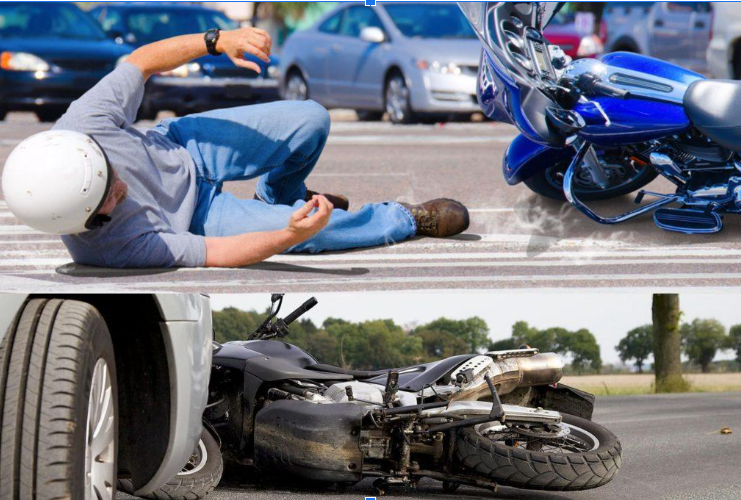
Motorcycle crashes often lead to severe injuries, and the victim relies on the law to receive compensation. When they file a lawsuit to recover their losses, a biased jury will be one of the major problems, with the jurors potentially already having a biased opinion that motorcyclists are reckless, even though the crash resulted from someone else’s negligence.
It is necessary to recognize this prejudice in order to have a fair trial for the victim. The best motorcycle accident attorneys from DFW Injury Lawyers are able to overcome jury bias through strong advocacy based on reality. With such skill, the victim’s rights remain intact to bring home the rightfully deserved compensation.
How Jury Bias Works Against Victims
Stereotypes of Motorcyclists
One of the primary methods by which bias manifests itself in motorcycle accident claims is through motorcyclist stereotypes. Most jurors will hold preconceived biases against motorcyclists, and they will perceive motorcyclists as reckless or disregarding traffic rules. Such stereotypes will cause jurors to jump to conclusions that the motorcyclist caused the accident, even if the evidence shows otherwise.
Others might believe that motorcyclists are more likely to engage in risky behavior, such as speeding or weaving in and out of lanes, which will lead them to attribute less fault to the other party involved in the accident. These biases are not always based on fact and can unduly influence the jury’s decision.
Bias Toward Larger Vehicles
Another common issue in motorcycle accident cases is the bias jurors may have toward drivers of larger vehicles, such as cars and trucks. Jurors may view the driver of a car or truck as more cautious and safe compared to a motorcyclist, further tilting the scales of justice in favor of the larger vehicle’s driver.
This perception can lead to jurors underestimating the severity of the motorcyclist’s injuries or misjudging the events leading up to the crash. The smaller size and vulnerability of motorcycles are often overlooked, which may lead to diminished sympathy for the motorcyclist in comparison to the driver of a larger vehicle.
Contributory Negligence and Assumptions
In some cases, jurors may assume that the motorcyclist played a significant role in causing the accident, even if the evidence does not support such claims. This is often due to unconscious bias or assumptions about motorcycle riding.
For instance, some jurors may think that the victim’s behavior—such as speeding, not wearing a helmet, or taking risks—contributed to the crash. Even if the defendant was at fault, such assumptions can cloud the jurors’ judgment and influence how they weigh the evidence.
The defense may try to exploit these biases, further undermining the victim’s case by focusing on the motorcyclist’s perceived recklessness or noncompliance with safety standards.
Emotional Responses to Motorcycle Culture
The culture surrounding motorcycling can also evoke strong emotional responses from jurors. Some may view motorcycle riders as rebellious, which could make them less sympathetic toward the victim in a lawsuit.
These emotional responses can influence jurors’ perceptions of the case, making it difficult for them to separate their personal feelings from the facts of the accident. When jurors hold negative views of motorcyclists based on these emotional biases, it can result in an unfair trial for the victim, who may not receive the full compensation they deserve.
Impact on Damages and Compensation
Jury bias can have a direct impact on the financial outcomes of a motorcycle accident lawsuit. Bias against motorcyclists may result in lower compensation for pain and suffering, medical bills, and lost wages.
Even when the victim is not at fault, biased jurors may be less inclined to award large settlements or may reduce the total damages based on their perceptions of the victim’s behavior. This could leave the motorcycle accident victim without the full compensation necessary to cover their medical costs, lost income, or long-term care needs.
As a result, victims of motorcycle accidents often face significant financial challenges, even when they are entitled to compensation under the law.
